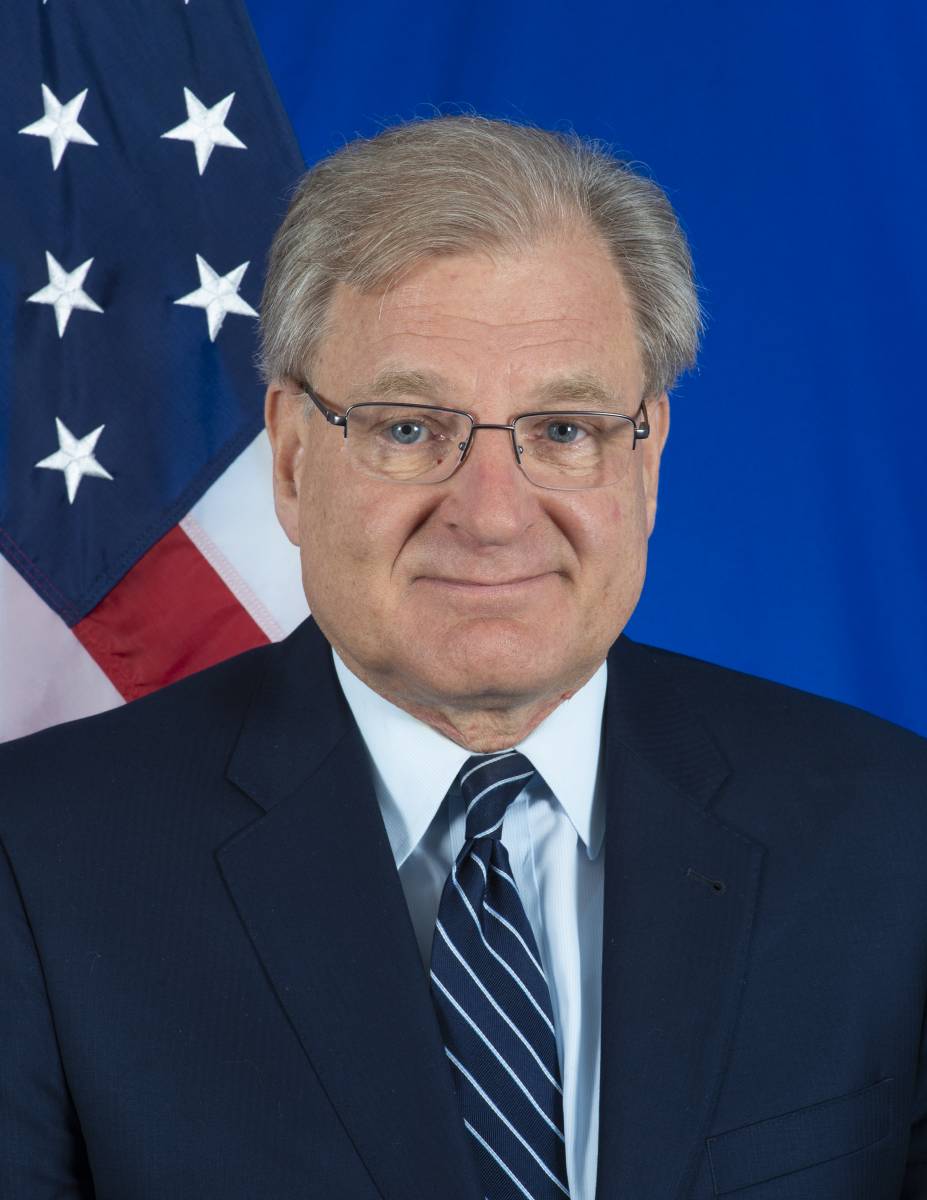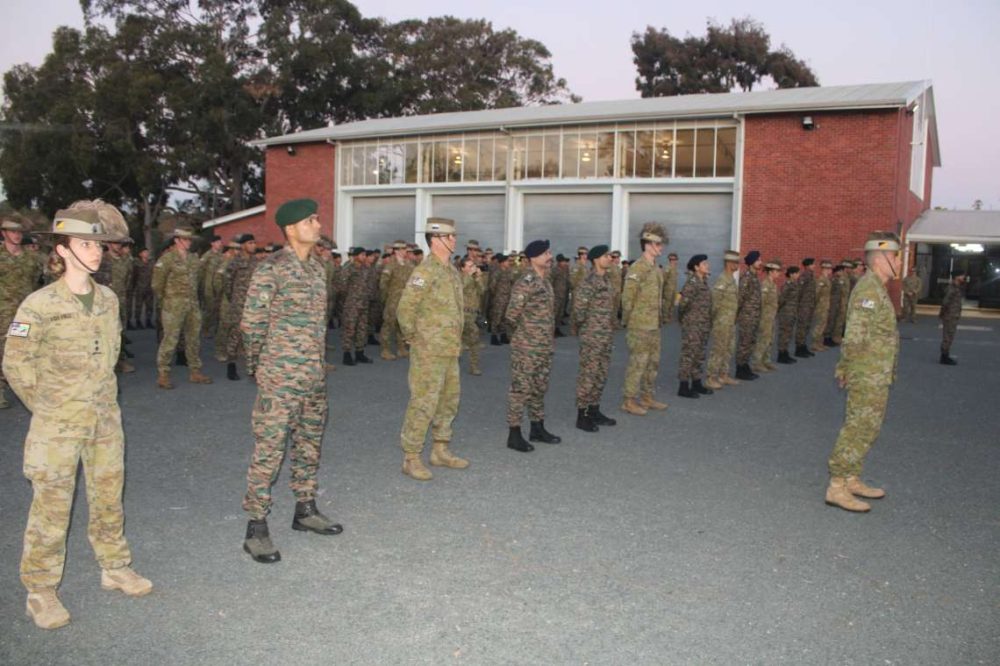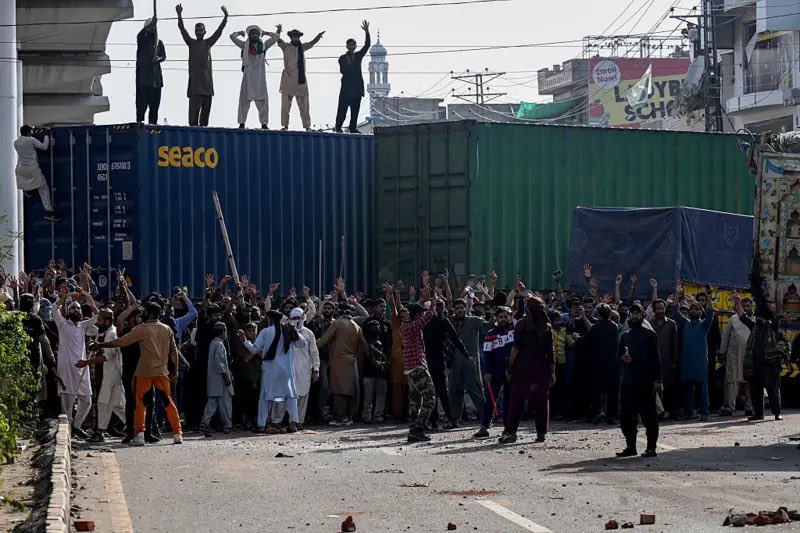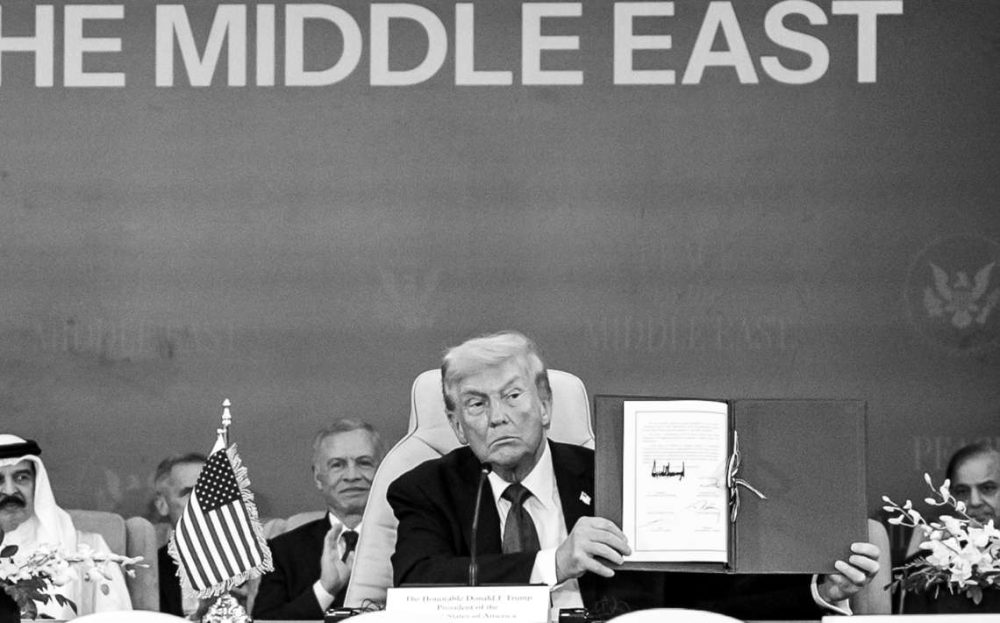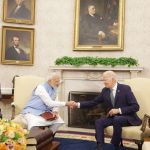The meeting came amid growing tensions between Haftar and the transitional government….reports Asian Lite News
US ambassador to Libya met with a Libyan military commander amid international efforts to salvage a UN-brokered roadmap to elections in the North African country later this year.
Richard Norland met with Khalifa Haftar, commander of the self-styled Libyan Arab Armed Forces, in the Egyptian capital of Cairo. The meeting was part of US efforts to support Libyan parliamentary and presidential elections in December, the US Embassy said.
Norland “continues to focus on the urgency of supporting the difficult compromises necessary to establish the constitutional basis and legal framework needed now in order for the elections to take place on Dec. 24,” the embassy wrote on Twitter.
“The United States supports the right of the Libyan people to select their leaders through an open democratic process and calls on key figures to use their influence at this critical stage to do what is best for all Libyans,” it said.
The meeting came amid growing tensions between Haftar and the transitional government. Haftar announced earlier this week the promotions of military officers without consulting or getting approval from the ruling Presidential Council. The council’s head serves as the supreme commander of Libya’s fragmented military.
“Your military will not be subjected to any authority except one elected by the people,” Haftar told his troops Monday in a ceremony celebrating the foundation of the Libyan military.
Libya has been wracked by chaos since a NATO-backed uprising toppled longtime dictator Muammar Qaddafi in 2011. In the years that followed the uprising, the oil-rich country split between a UN-supported government in the capital, Tripoli, and rival authorities based in the country’s east, each backed by armed groups and foreign governments.
Haftar, an Egypt ally, was aligned with the former east-based government.

In April 2019, Haftar and his forces launched an offensive to try and capture Tripoli from armed groups loosely allied with a UN-supported but weak government there.
His 14-month-long campaign, however, collapsed after Turkey stepped up its military support of the Tripoli-based government with hundreds of troops and thousands of Syrian mercenaries. That led to the October cease-fire and roadmap to elections adopted in Tunis a month later, which included a transitional government.
Last month, the UN special envoy for Libya, Jan Kubis, accused “spoilers” of trying to obstruct the holding of crucial elections in December to unify the divided nation. He told the UN Security Council that many key players in Libya reiterated their commitment to the elections, but “I am afraid many of them are not ready to walk the talk.”
The Security Council has warned that any individual or group undermining the electoral process could face UN sanctions.
The Libyan Political Dialogue Forum, a 75-member body from all walks of life, has so far failed to agree on a legal framework to hold elections. The forum met online Wednesday to consider four proposals for the constitutional basis for elections, according to the UN support mission in Libya.
The forum’s “lack of ability to reach an agreement (on the constitutional basis) risks resulting in depriving once again the Libyan people of their right to democratically elect their representatives and restore the long-lost legitimacy of Libyan institutions,” Kubis told the forum.
Another major hurdle is the presence of thousands of foreign forces and mercenaries, and the failure to pull them out as required under last October’s cease-fire agreement that ended the fighting in the oil-rich country.
The UN mission, meanwhile voiced concern late Tuesday about the abduction and disappearance of a government official in Tripoli earlier this month.
Rida Faraj Fraitis, chief of staff for the first deputy of the prime minister, and a colleague were abducted by armed men after Fraitis’ visit to government offices in the capital Aug. 2, the mission said. Their fate was unknown.
The UN mission said it was concerned about the further targeting of people supporting the democratic transition. Such targeting “has serious implications for the peace and reconciliation process and for the full unification of national institutions,” the mission said.


